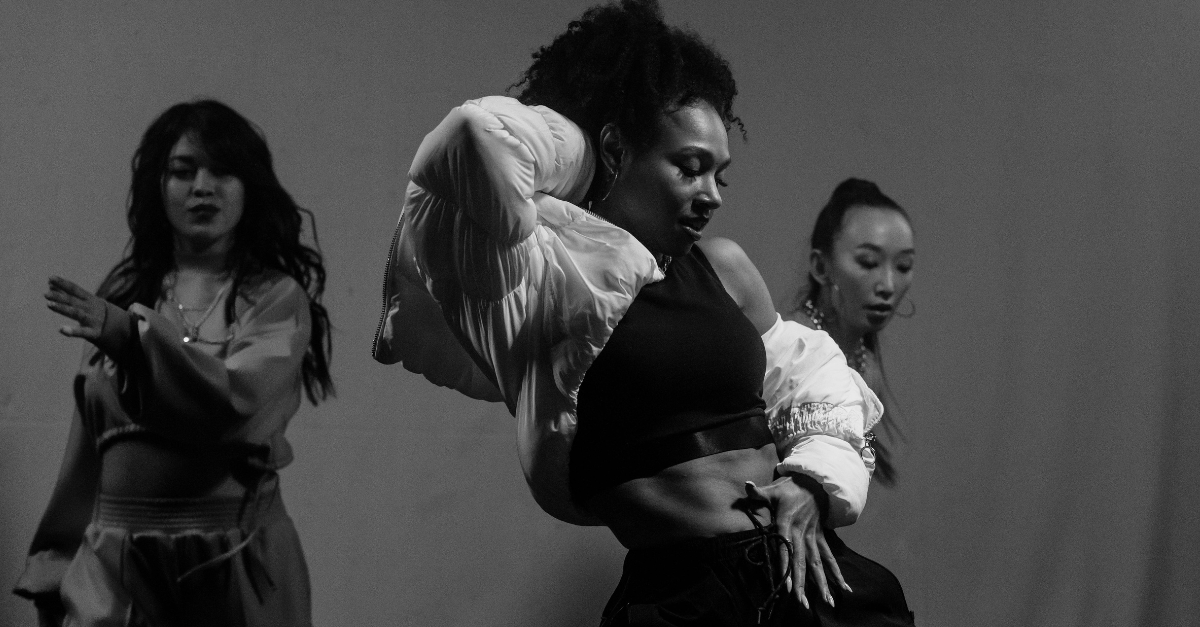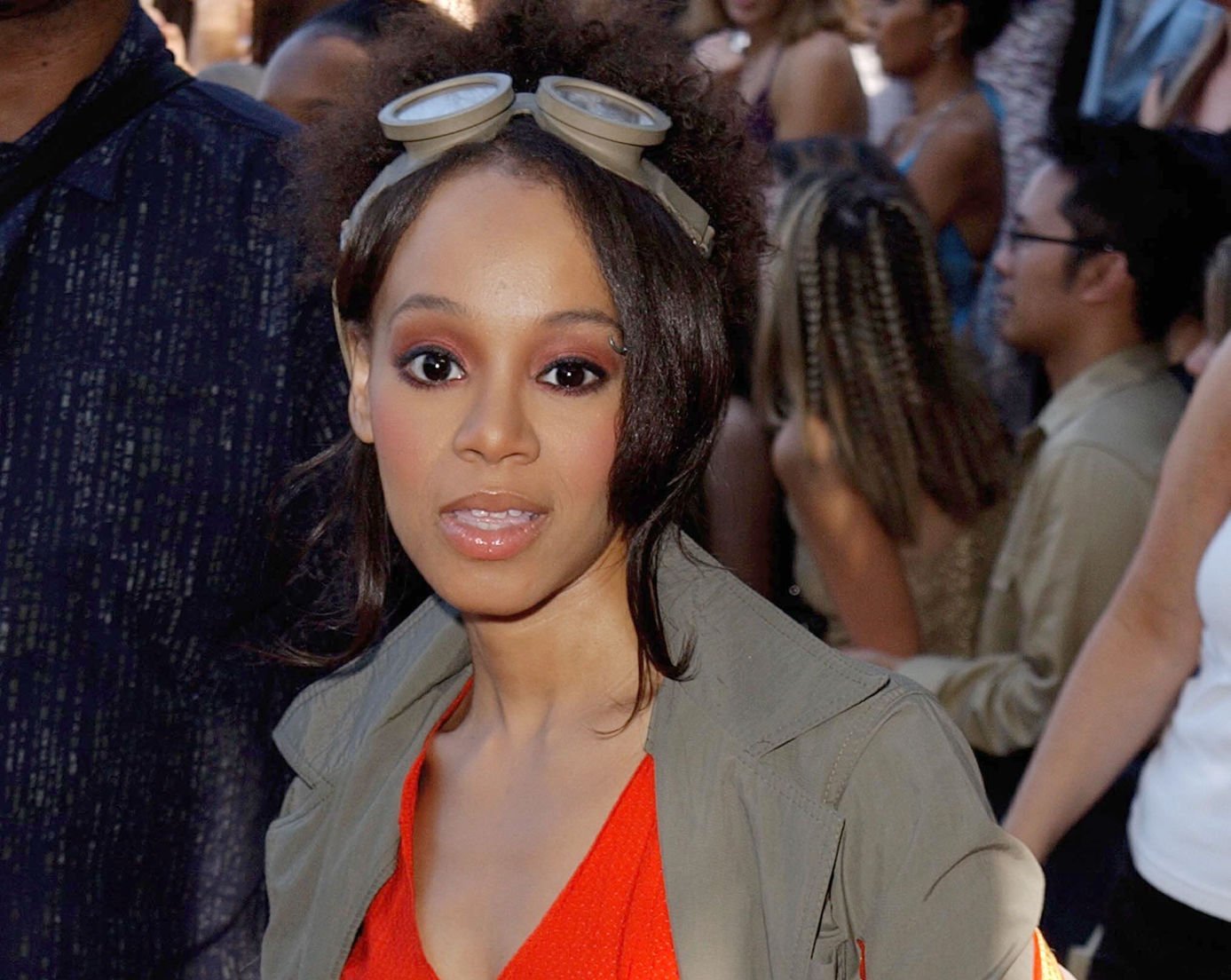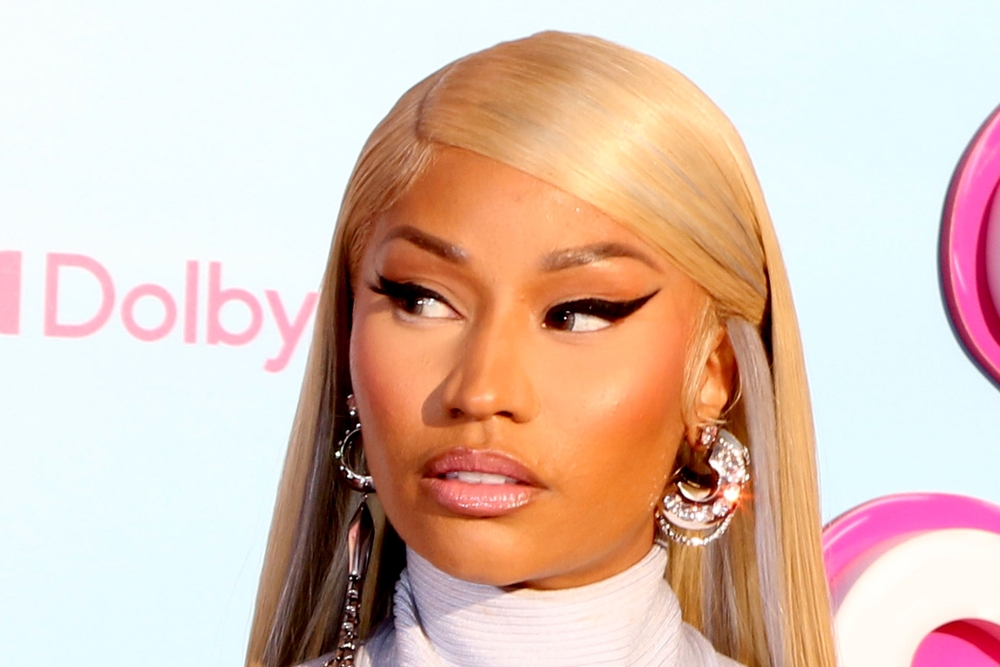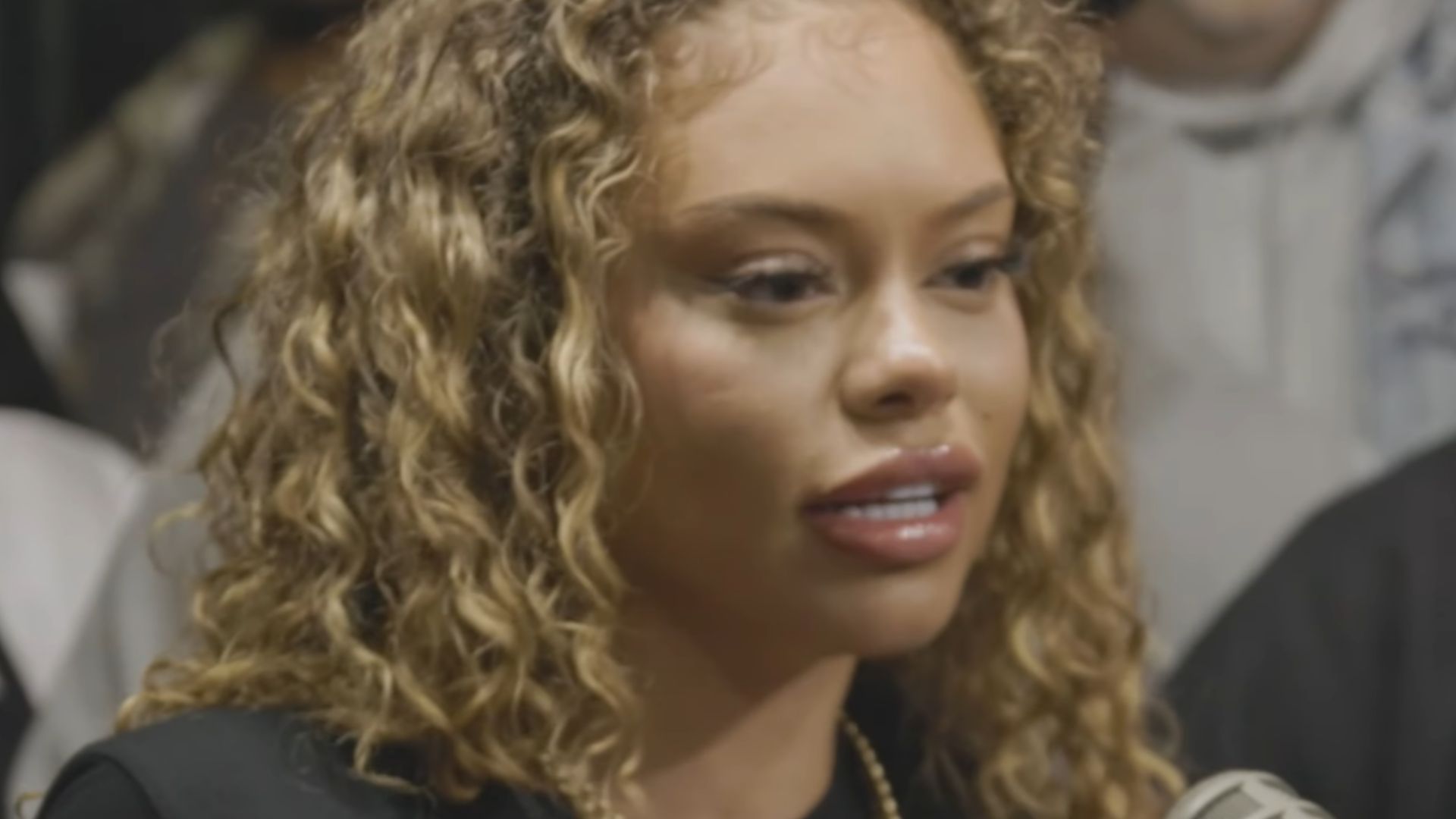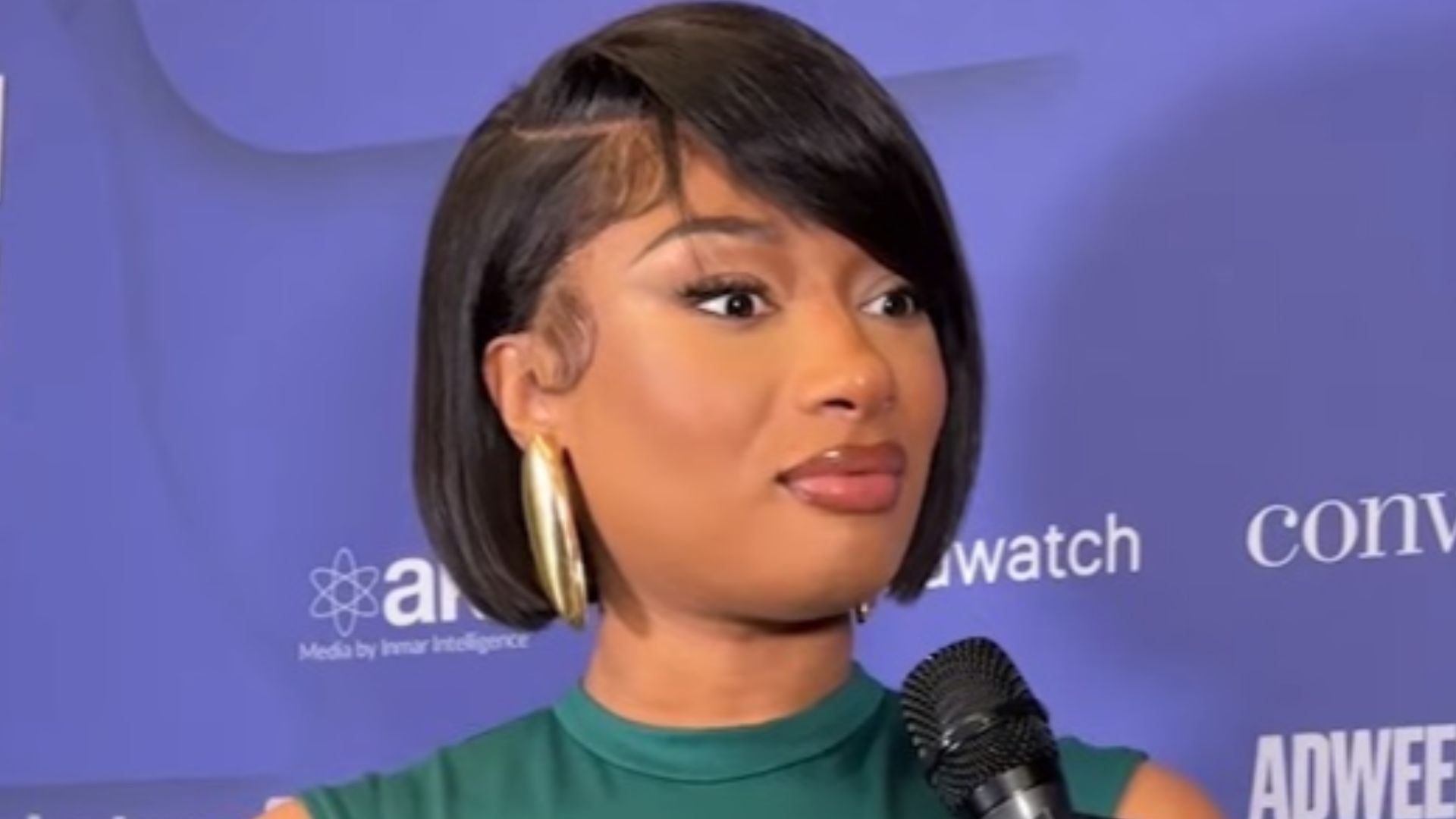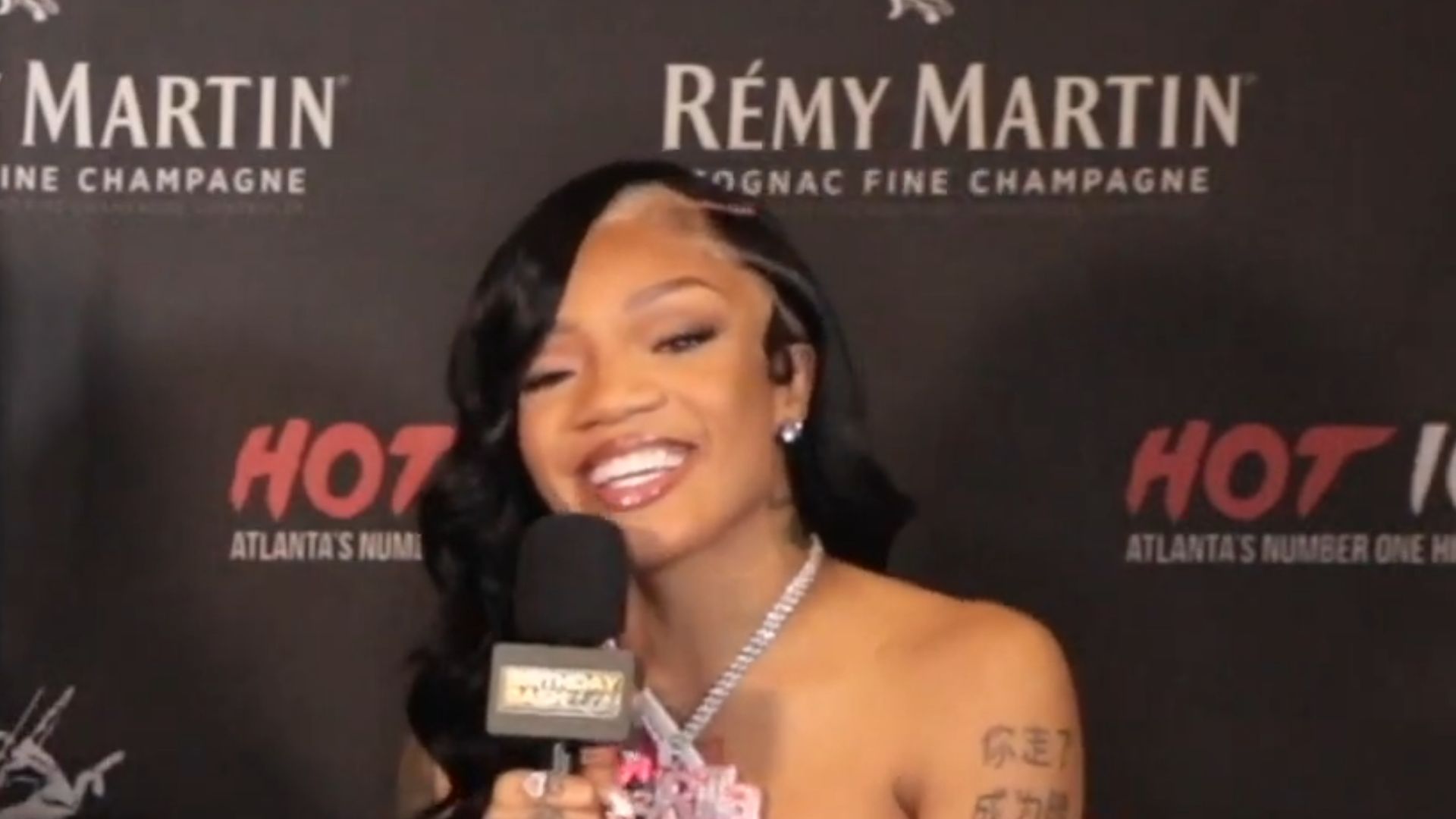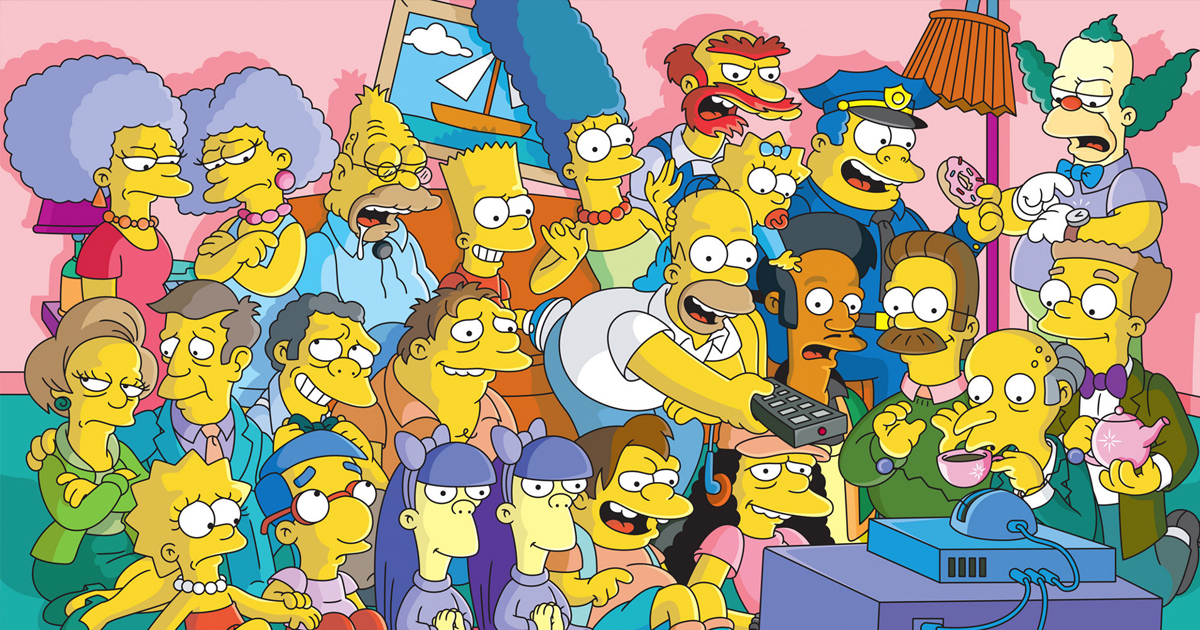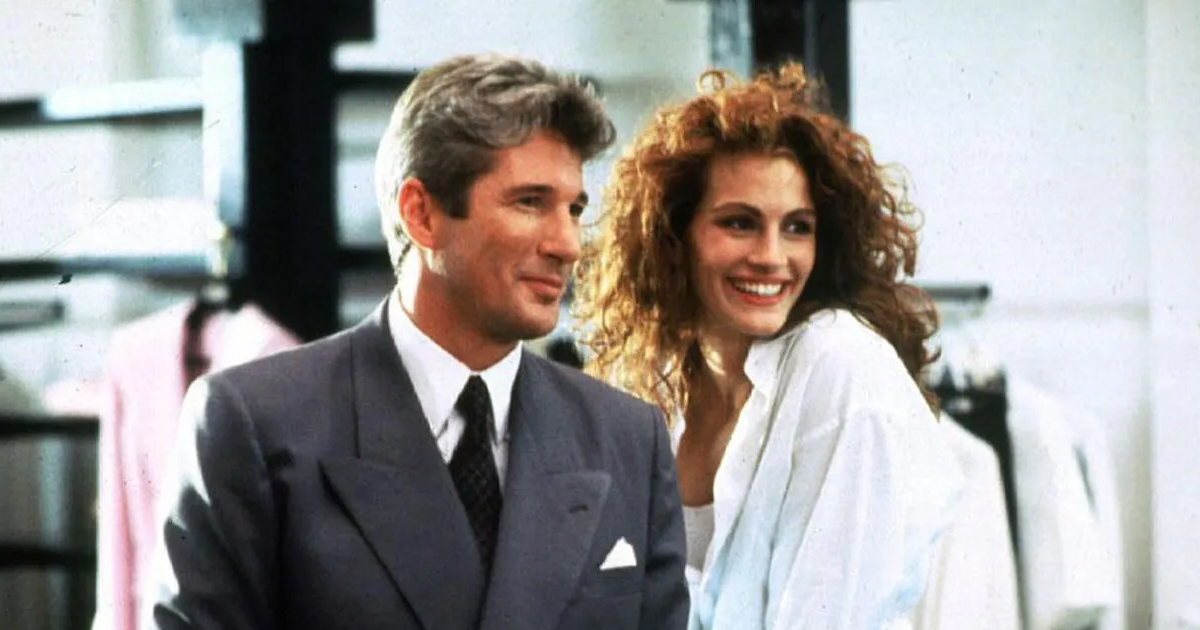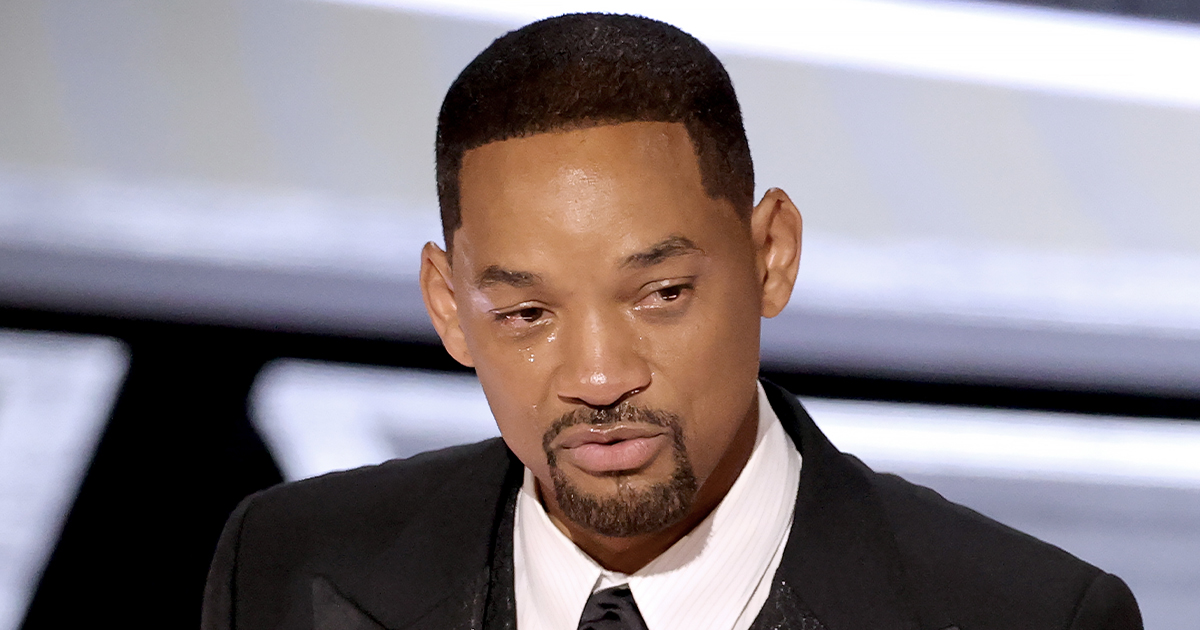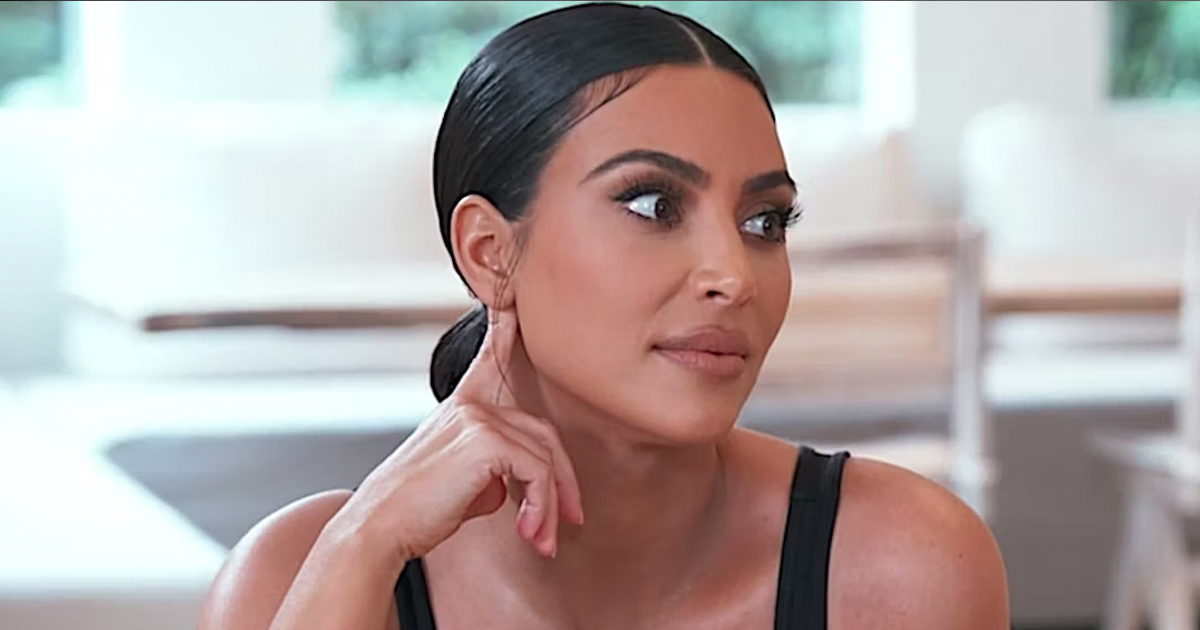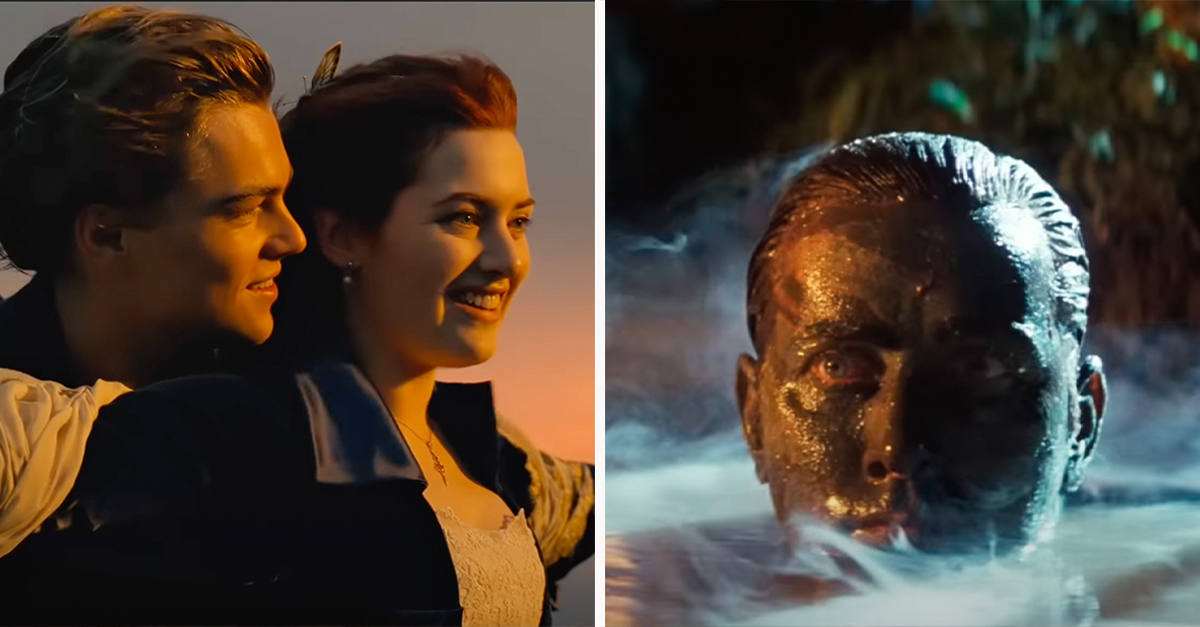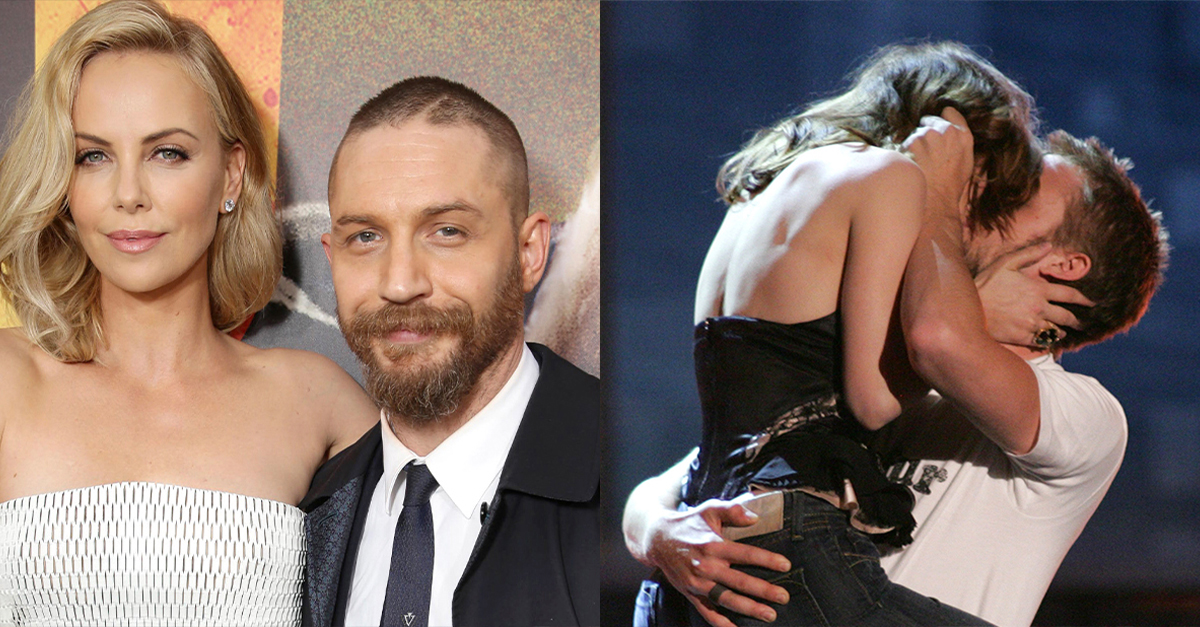Mic Drop Memories
Hip-hop didn’t just grow because a few big personalities took over the mic—it evolved because a whole generation of women decided they weren’t waiting for permission. They carved out space, battled anyone who stepped in their way, and dropped verses that still echo across the genre. Some got the spotlight they deserved. Others, history had to catch up to. But together, they built the foundation modern rap stands on today.
Here are 21 of the most iconic female rappers ever, starting with the pioneers who kicked the door open and ending with the stars carrying their legacy into the future.
Roxanne Shanté
Roxanne Shanté was barely a teenager when she jumped into the rap battlefield and held her own like she'd been sharpening bars for decades. She had a wit so sharp it practically left paper cuts, and she helped prove—very early—that girls weren’t just allowed in hip-hop…they could run it. Shanté set a tone that countless women would follow.
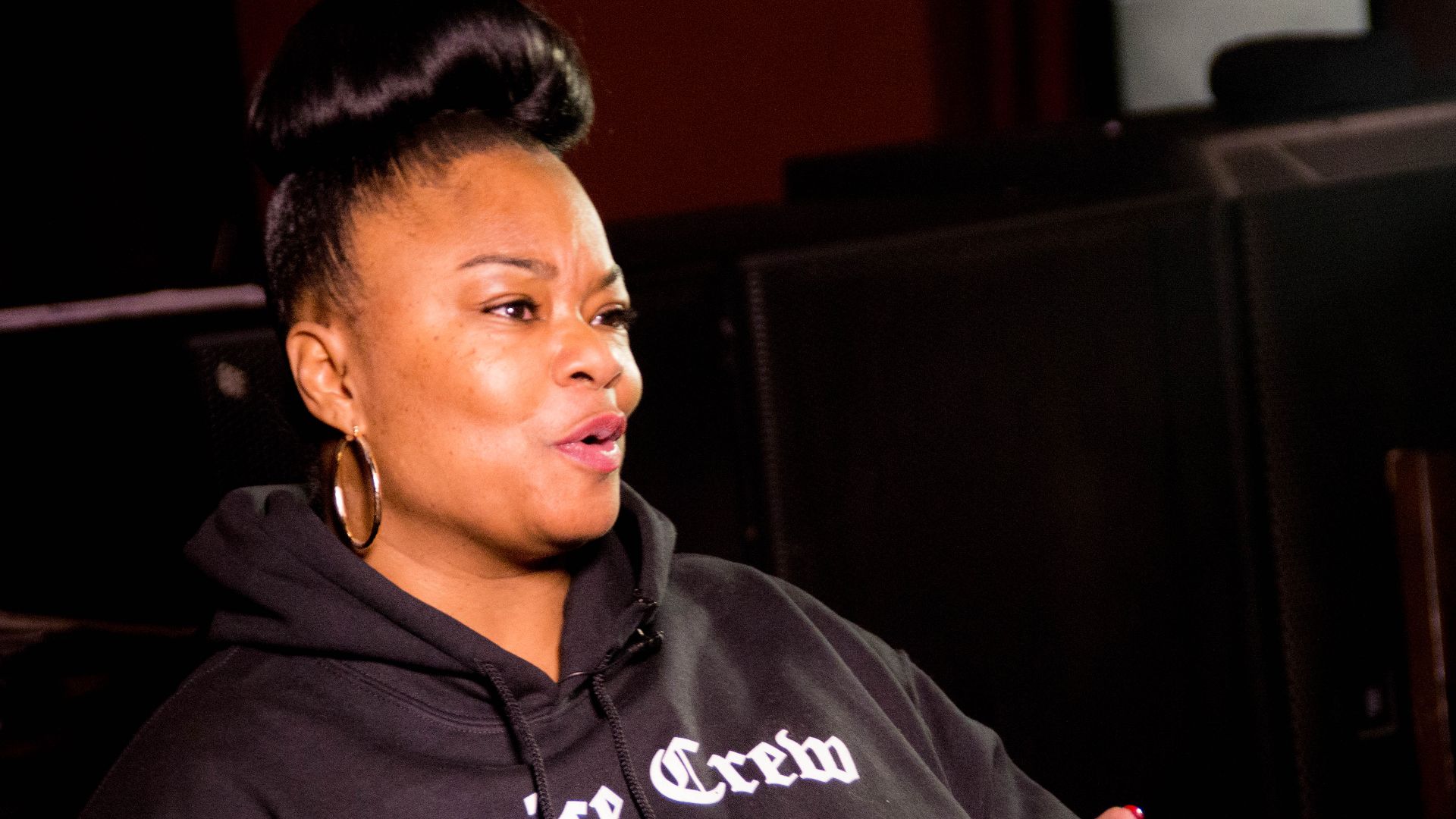 https://www.flickr.com/photos/fuseboxradio/, Wikimedia Commons
https://www.flickr.com/photos/fuseboxradio/, Wikimedia Commons
Queen Latifah
Before hip-hop was a global empire, Queen Latifah was already commanding respect. Her voice carried authority, her lyrics carried purpose, and her presence made people sit up straight. She was one of the first to show that a female rapper could be powerful, political, and culturally defining all at once. She didn’t just open doors—she installed revolving ones.
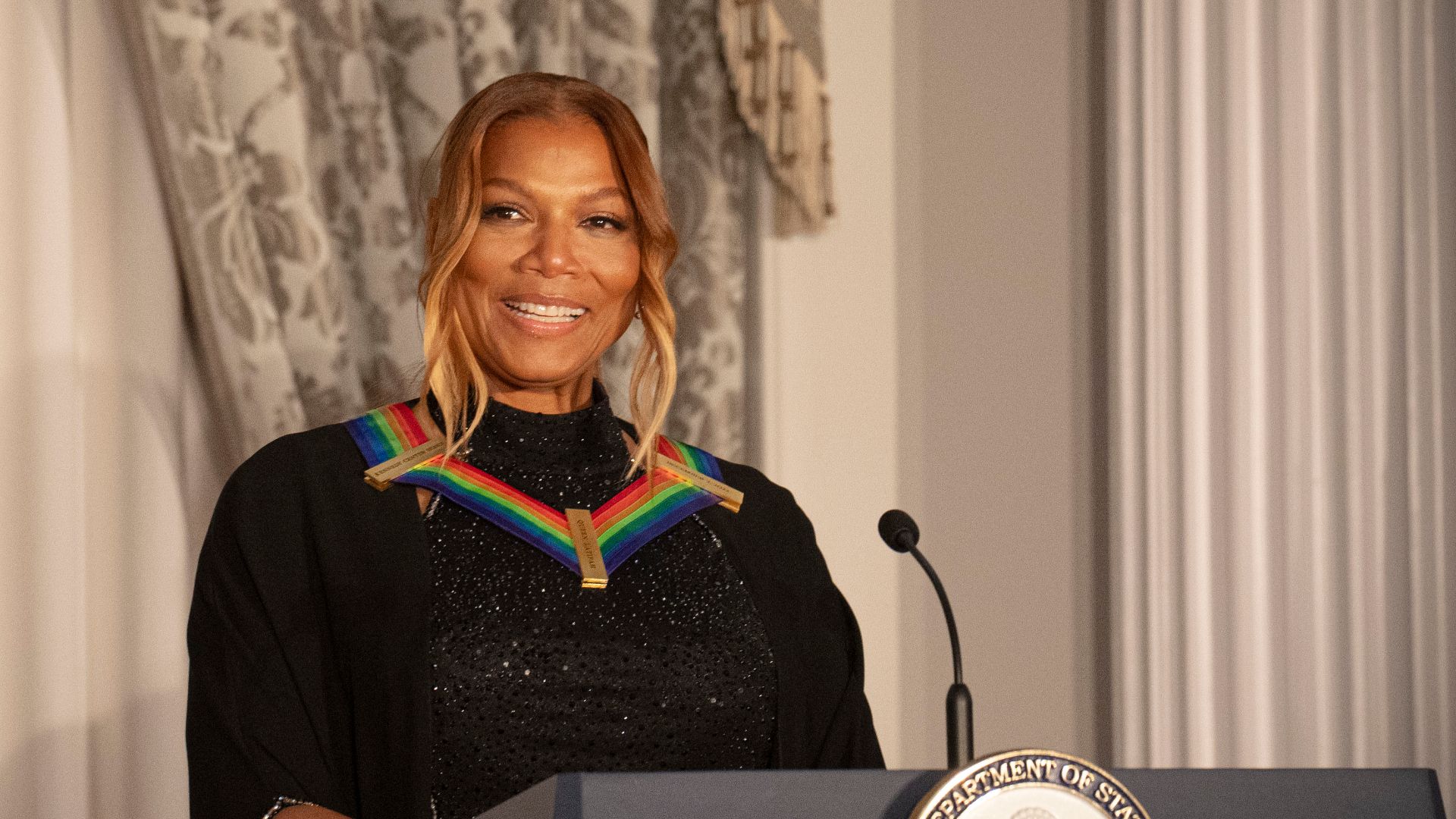 U.S. Department of State, Wikimedia Commons
U.S. Department of State, Wikimedia Commons
MC Lyte
MC Lyte arrived with clarity and precision that immediately separated her from the pack. Her voice cut through tracks with calm confidence, telling stories with a steadiness rappers still aspire to. She made it clear that being a woman wasn’t a novelty—it was a strength. Lyte gave credibility to female rap before the industry even knew it needed it.
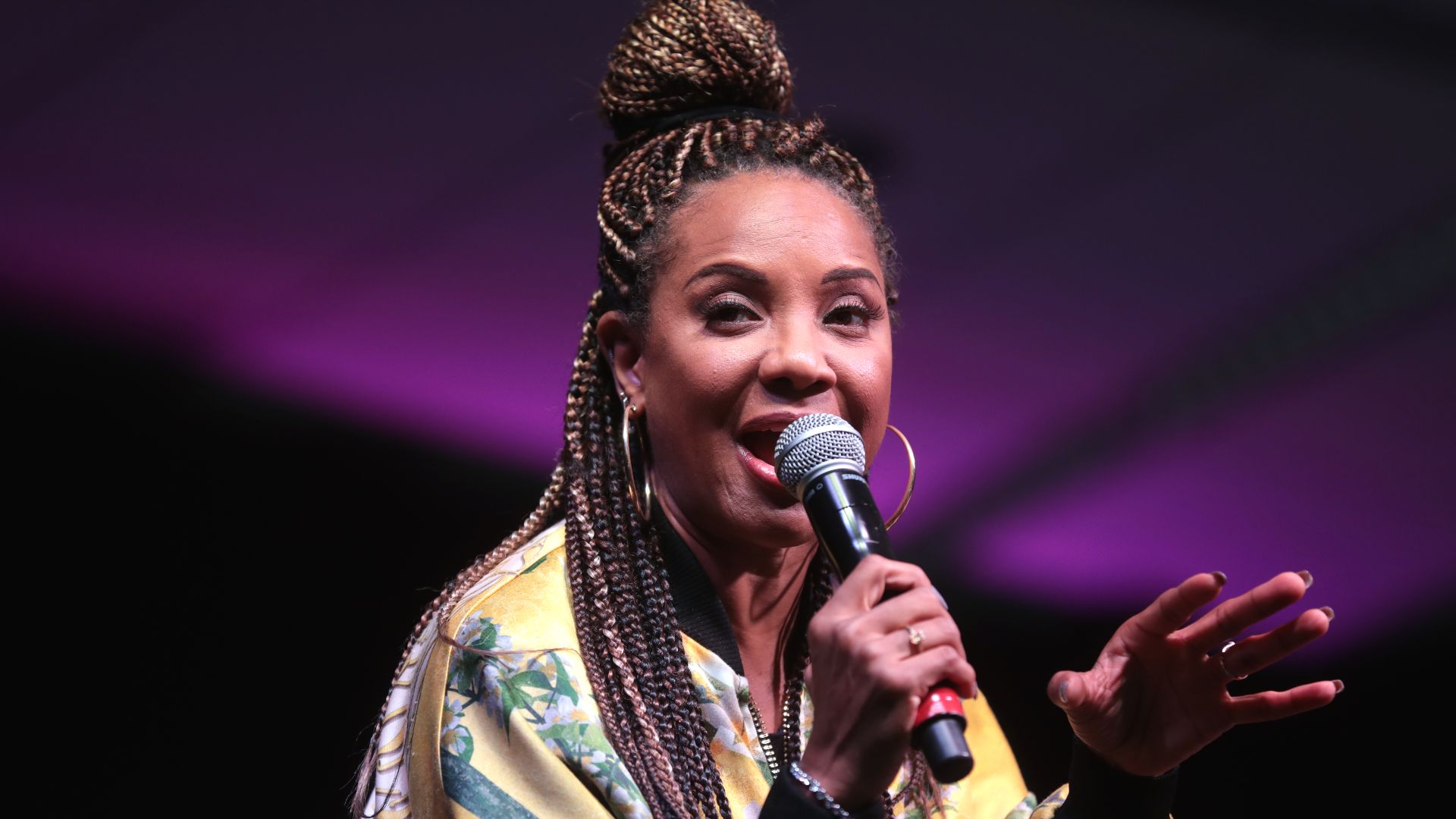 Gage Skidmore from Peoria, AZ, United States of America, Wikimedia Commons
Gage Skidmore from Peoria, AZ, United States of America, Wikimedia Commons
Salt-N-Pepa
Salt-N-Pepa didn’t wait for an invite—they walked right into hip-hop’s house party and turned the whole place up. With infectious hits and a bold, fun attitude, they pushed female rap straight into the mainstream. The duo’s presence made it obvious that women didn’t have to choose between being confident, playful, or powerful—they could be all three.
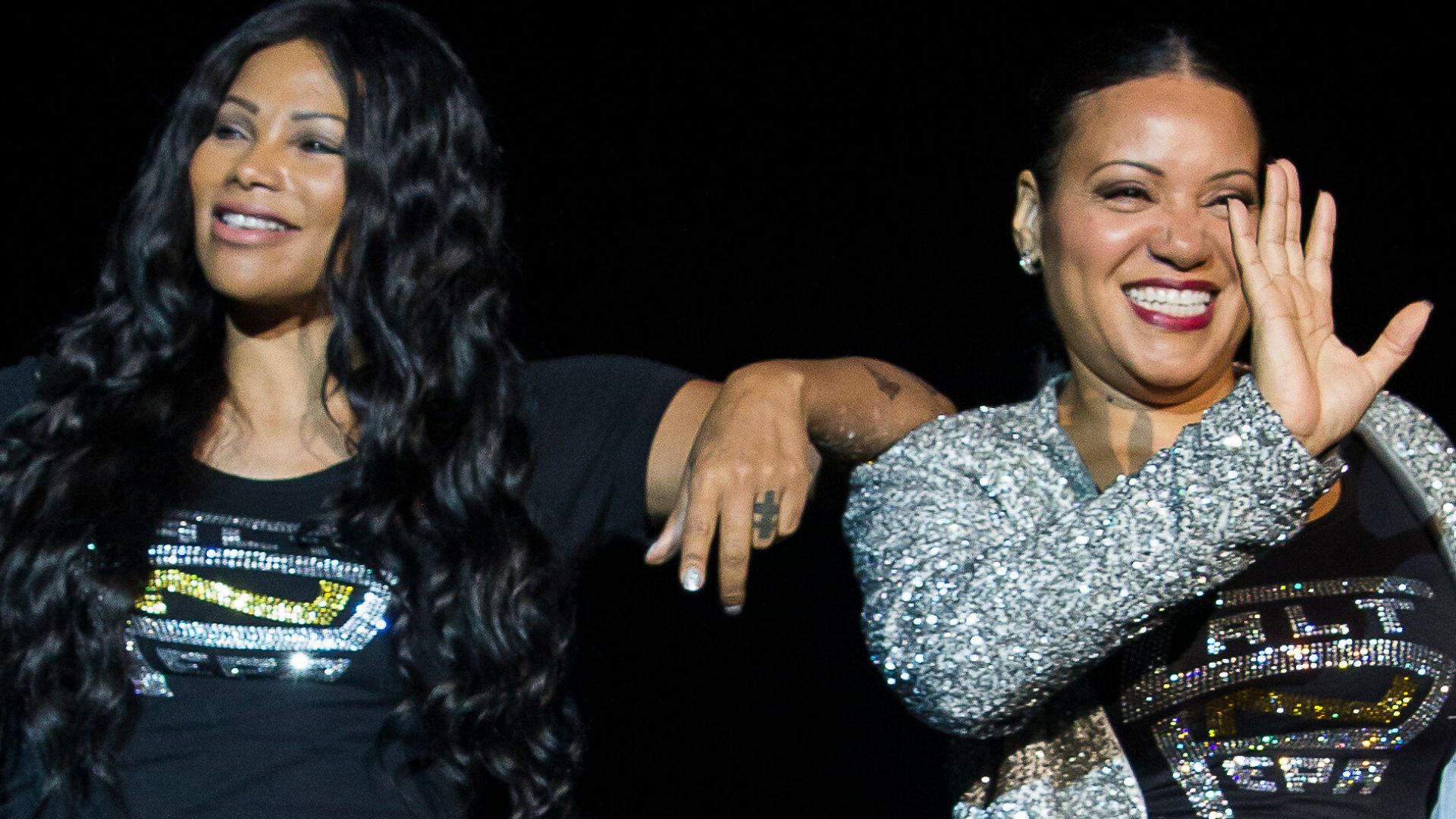 David Burke, Wikimedia Commons
David Burke, Wikimedia Commons
Monie Love
Monie Love brought a fresh UK twist to the golden era of hip-hop, delivering smart, socially aware lyrics wrapped in effortless charm. She blended seamlessly with the biggest voices of the time while adding her own rhythmic flair. Monie’s contributions helped broaden rap’s sound when the world was just learning how big it could be.
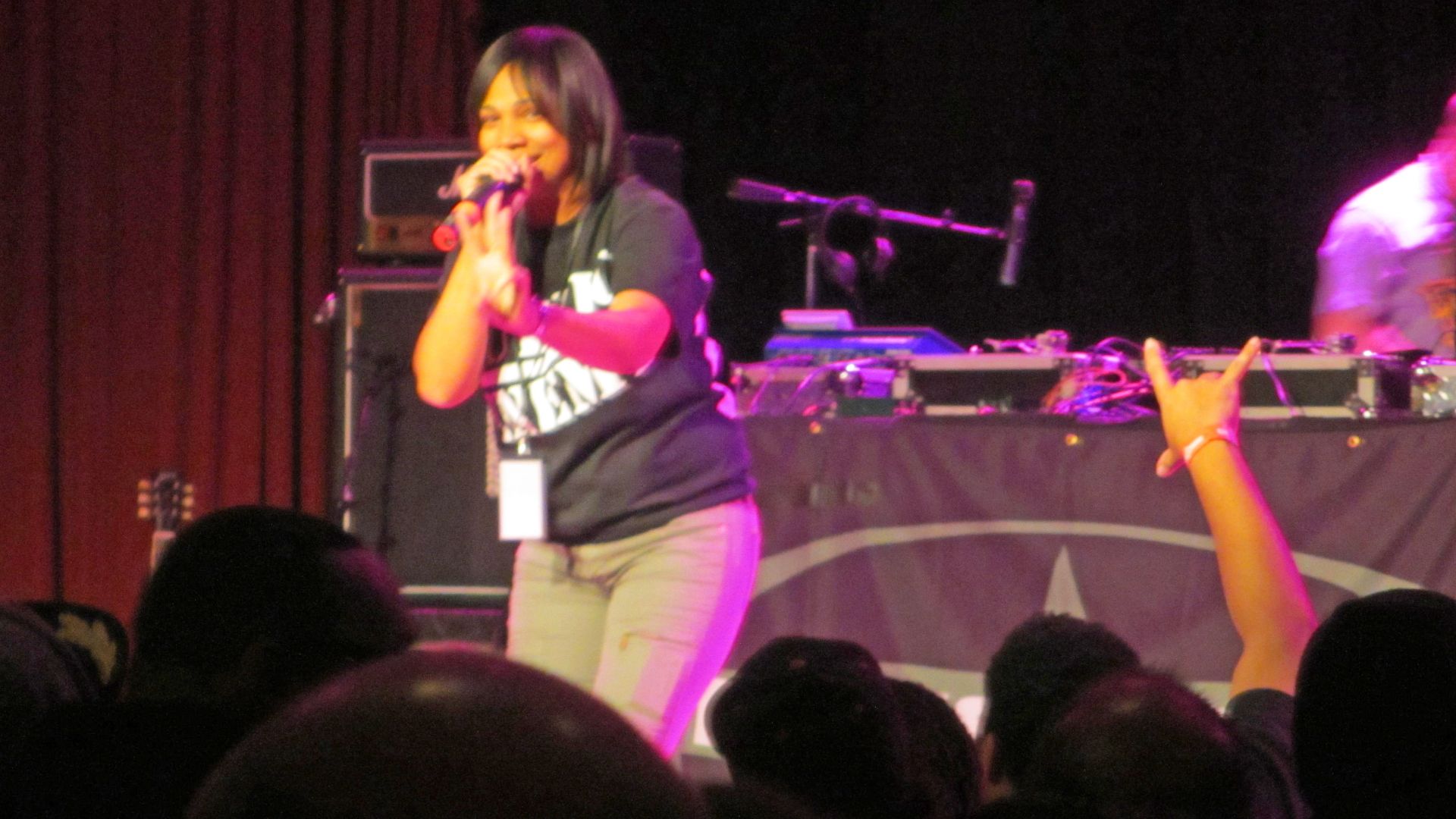 swimfinfan from Chicago, Wikimedia Commons
swimfinfan from Chicago, Wikimedia Commons
Lil’ Kim
Lil’ Kim exploded onto the scene with swagger that was impossible to ignore. Her delivery was fierce, her aesthetic was iconic, and her confidence changed the game. She showed women they could take control of their narratives and set the tone for how bold and unapologetic female rap could be.
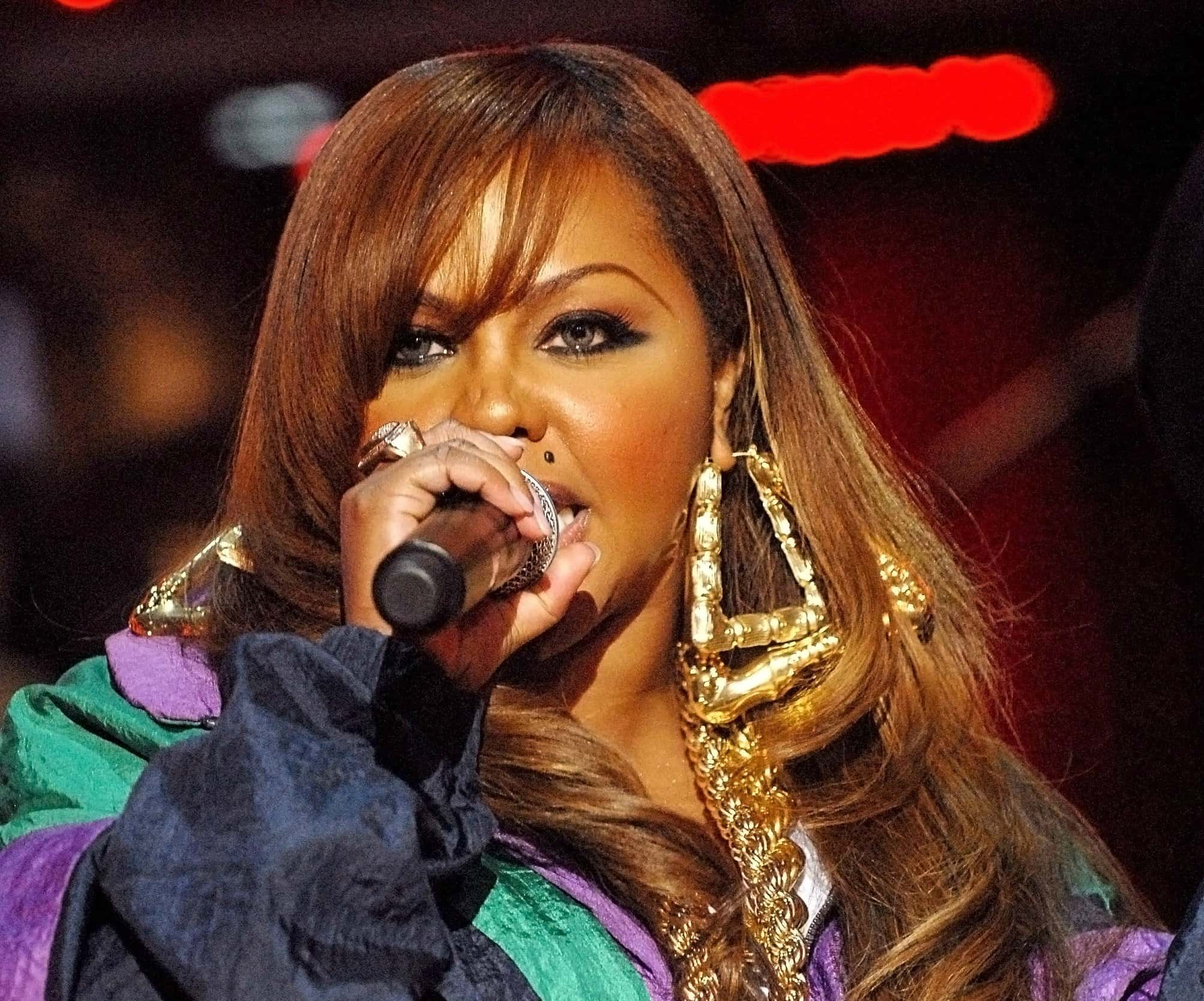 Everett Collection, Shutterstock
Everett Collection, Shutterstock
Da Brat
Da Brat came in fast, loud, and history-making—the first female rapper with a platinum solo album. Her high-energy delivery and gritty style made her a standout during one of rap’s most competitive eras. She didn’t just break records—she widened the lane for the women coming next.
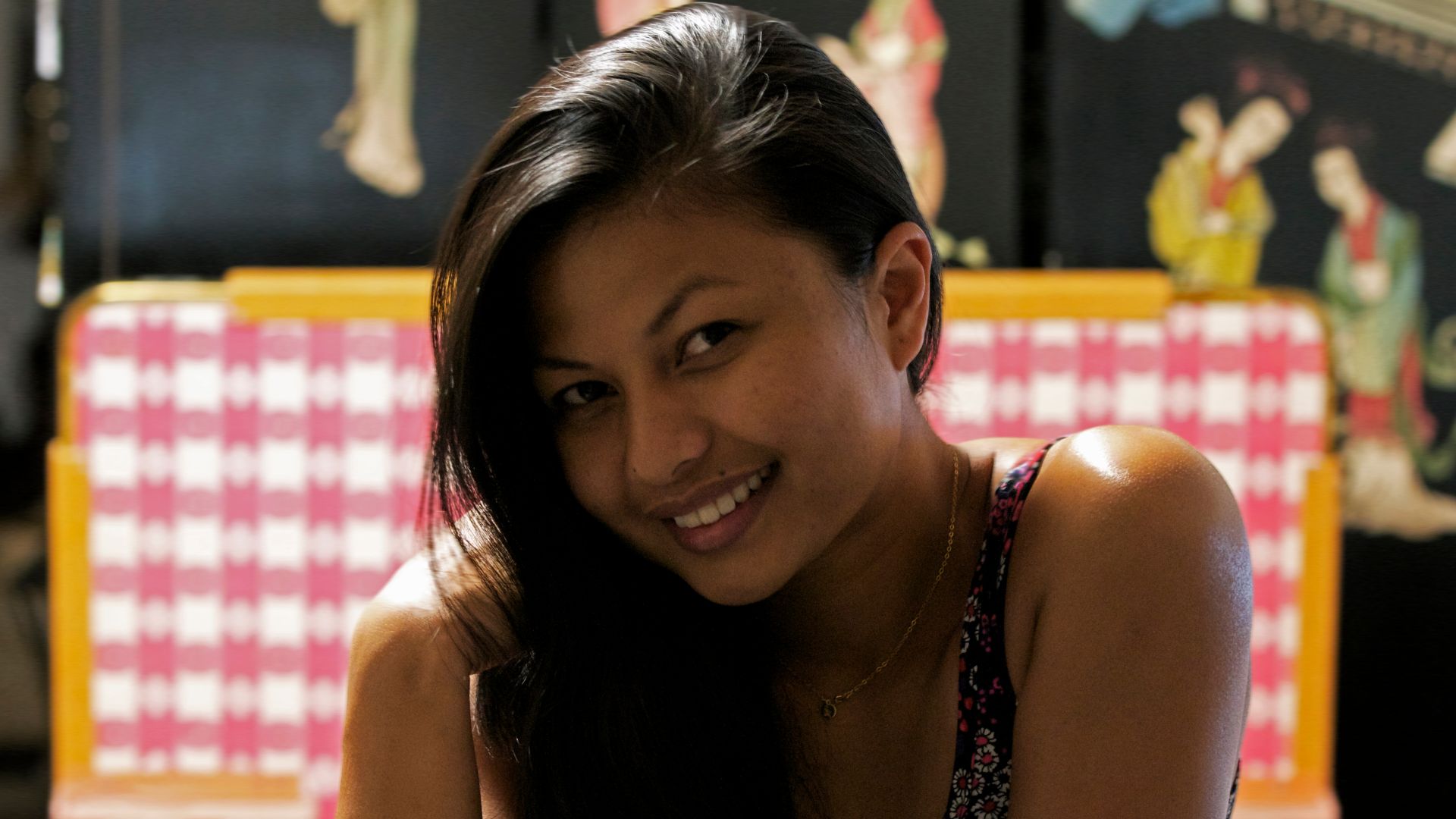 Guian Bolisay from NYC, USA, Wikimedia Commons
Guian Bolisay from NYC, USA, Wikimedia Commons
Foxy Brown
Foxy Brown brought a booming voice and command that felt way beyond her years. At just 17, she already moved like she owned the room. Her slick, stylish persona helped define the late-90s era of hip-hop and gave female rap an edge that fans couldn’t get enough of.
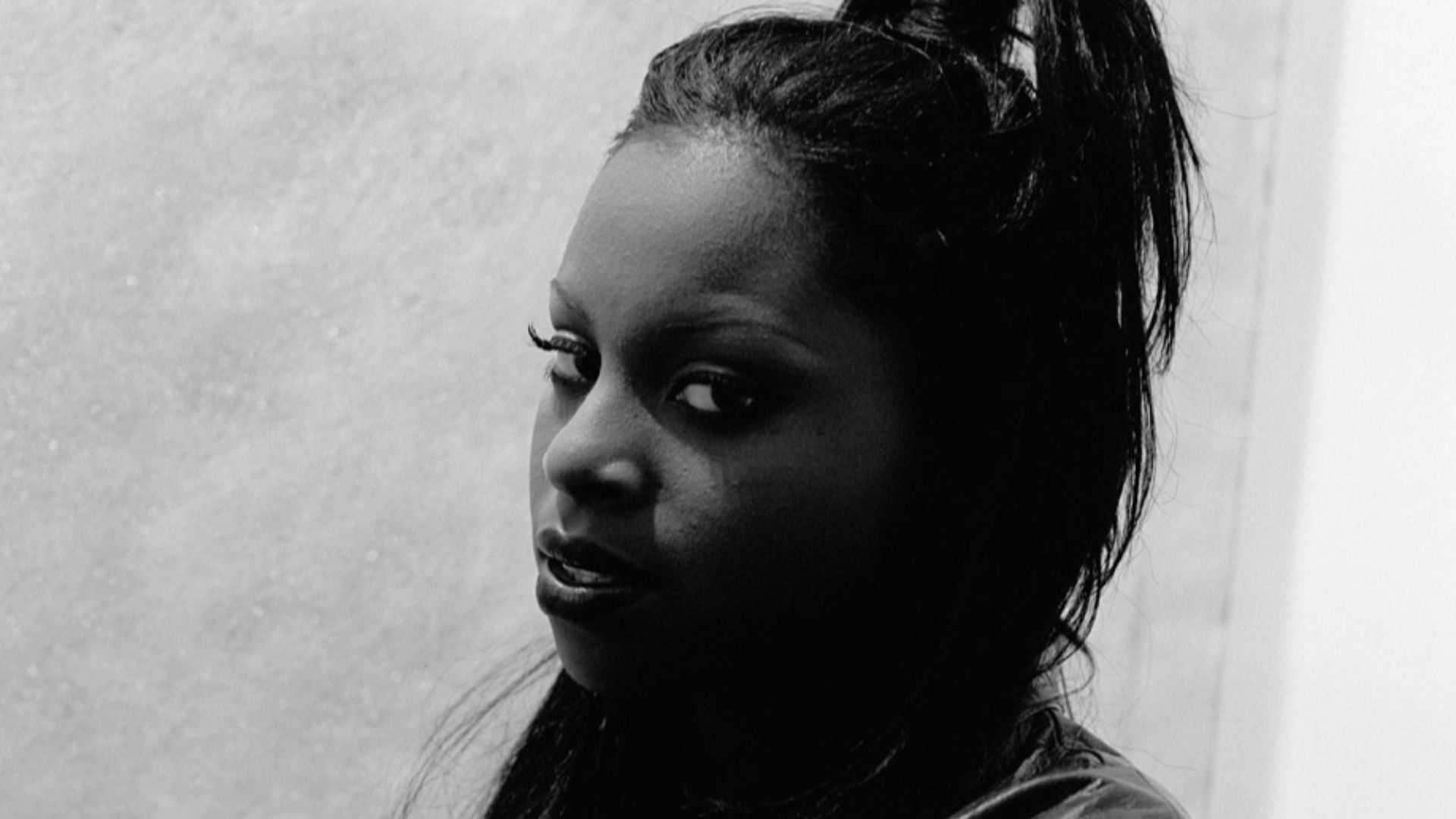 Mika-photography, Wikimedia Commons
Mika-photography, Wikimedia Commons
Missy Elliott
Missy Elliott felt like a creative earthquake the moment she arrived. Her sound was fresh, futuristic, and fearless. Her videos rewrote what music visuals could be. And her ability to blend genres without losing her rap identity made her one of hip-hop’s most important innovators. Everything Missy touched turned into something new.
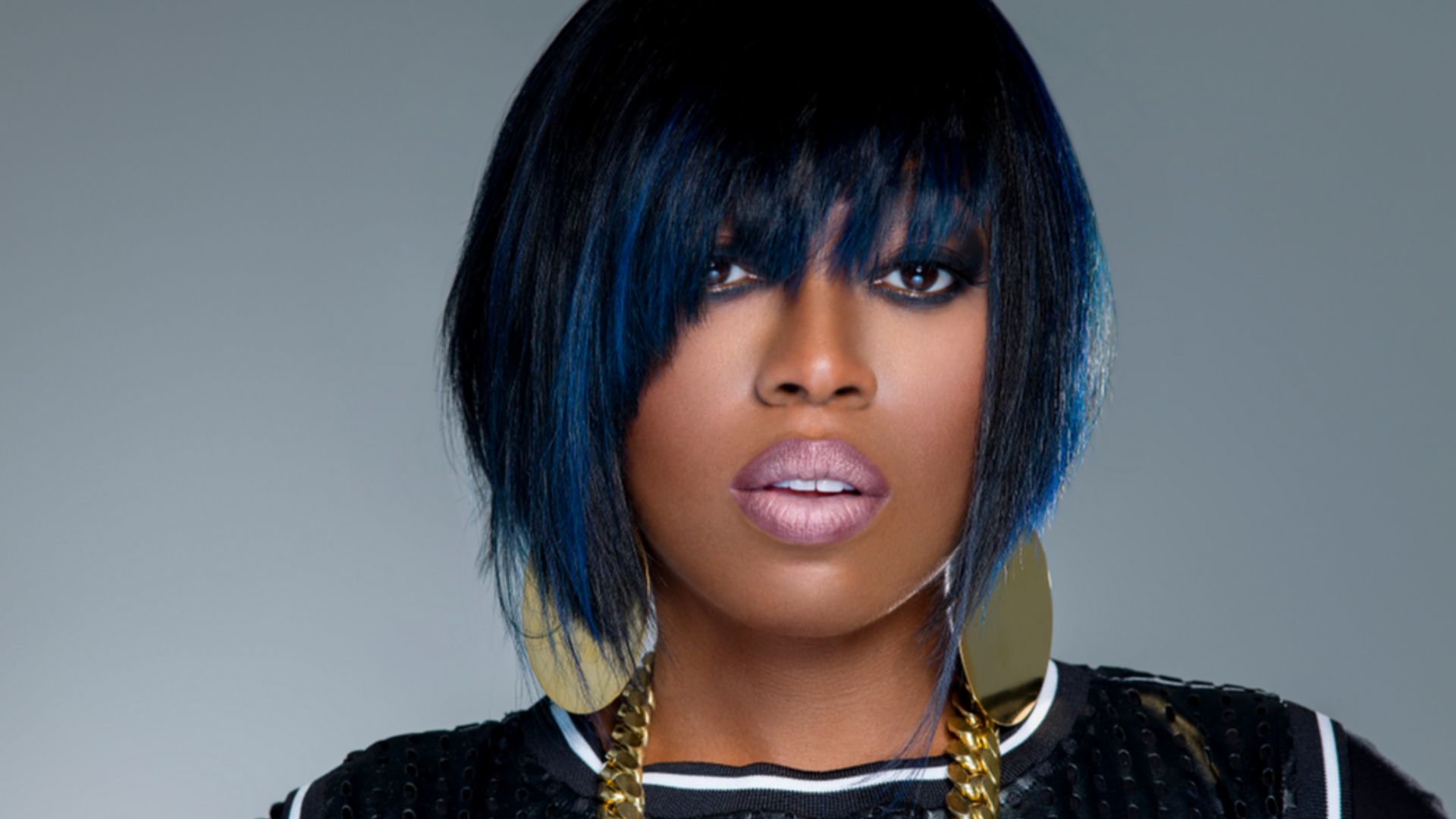 Atlantic Records, Wikimedia Commons
Atlantic Records, Wikimedia Commons
Lauryn Hill
Lauryn Hill stepped into hip-hop with depth and vulnerability that stopped people in their tracks. She proved that rap could be poetic without losing power, soulful without losing bite. Her influence extends far beyond the borders of the genre, inspiring artists who still treat The Miseducation like required reading.
 Featureflash Photo Agency, Shutterstock
Featureflash Photo Agency, Shutterstock
Eve
Eve balanced toughness with polish in a way that felt refreshing. She brought storytelling, swagger, and a sleek style that made her voice unmistakable in late-90s rap. Eve's presence helped evolve female hip-hop, showing that versatility could be a woman’s superpower.
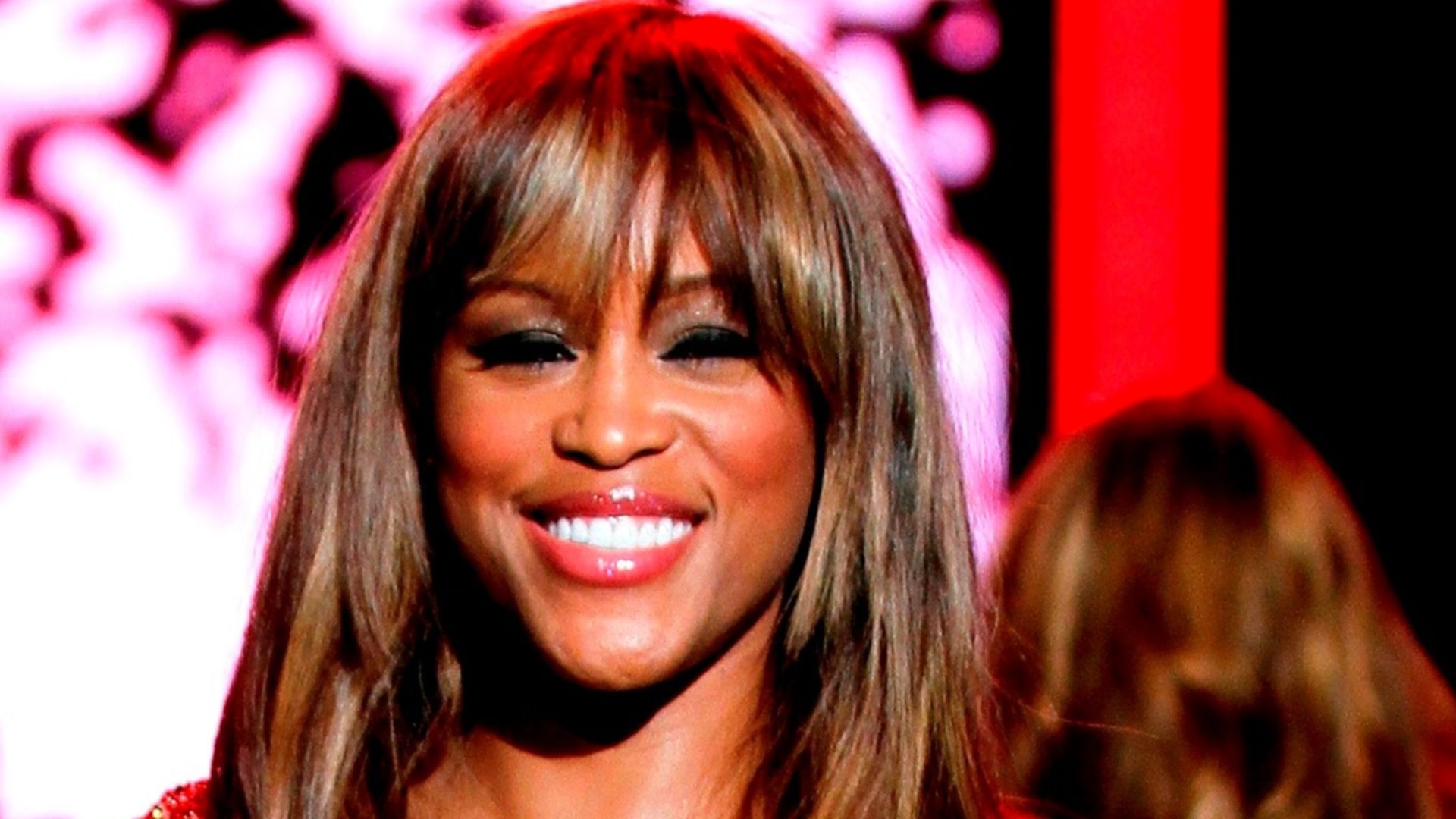 The Heart Truth, Wikimedia Commons
The Heart Truth, Wikimedia Commons
Trina
Trina walked in with Miami heat, charisma, and a confidence so sharp you could hear it in every verse. She represented women who weren’t often spotlighted in rap and did it with pride. Her energy and longevity turned her into a Southern icon.
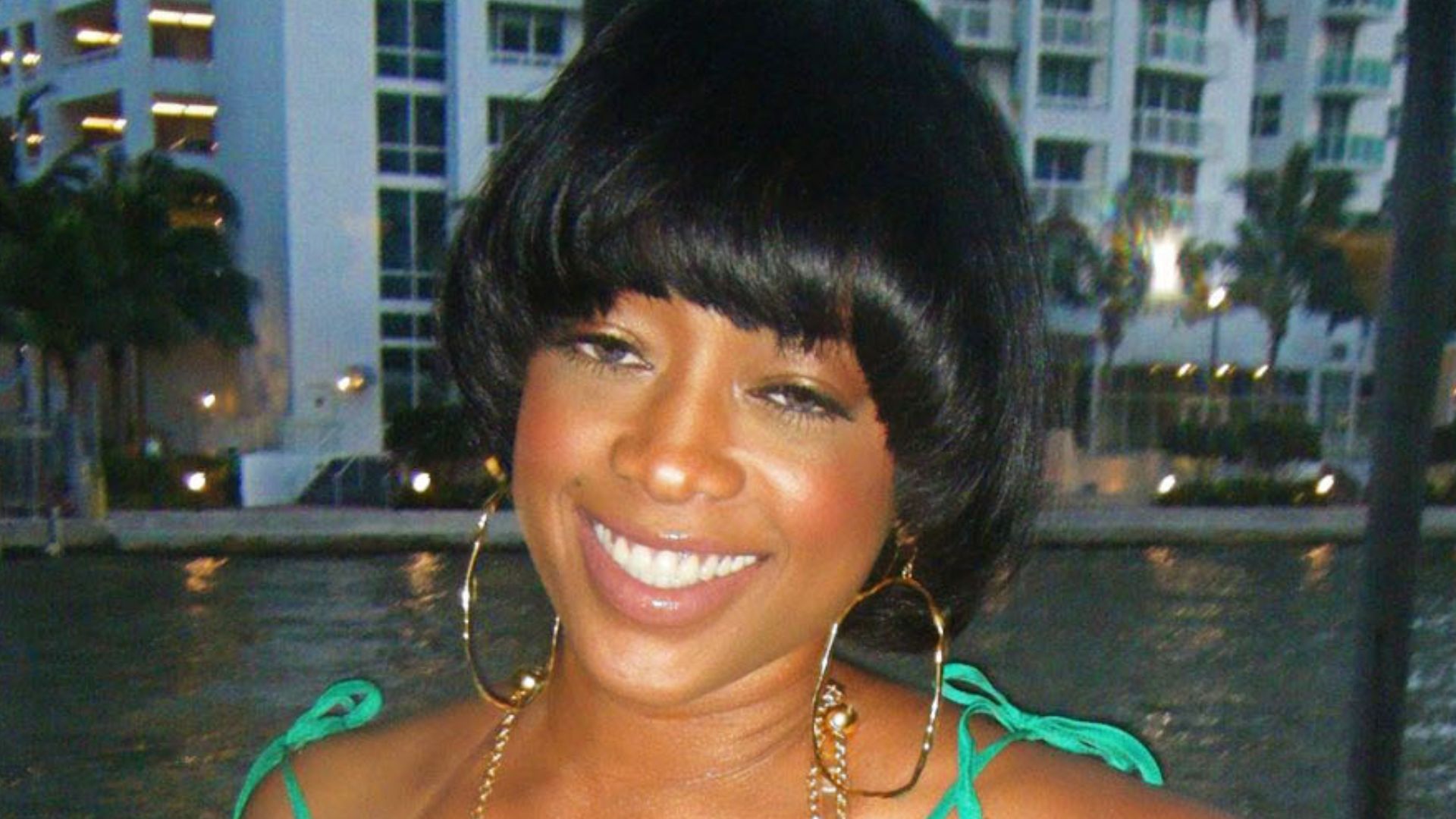 Tiff Wilson, Wikimedia Commons
Tiff Wilson, Wikimedia Commons
Left Eye
Left Eye blended singing, rapping, and creativity into something truly her own. As part of TLC, she helped bring rap into spaces it had never been before. Her voice always carried spark and originality, and her influence on music and style still runs deep.
Remy Ma
Remy Ma’s delivery hits with weight—realness at full volume. Her verses always feel personal and unfiltered, and her sharp tone set her apart immediately. Her resilience became a huge part of her legacy, reminding everyone that strength is its own kind of artistry.
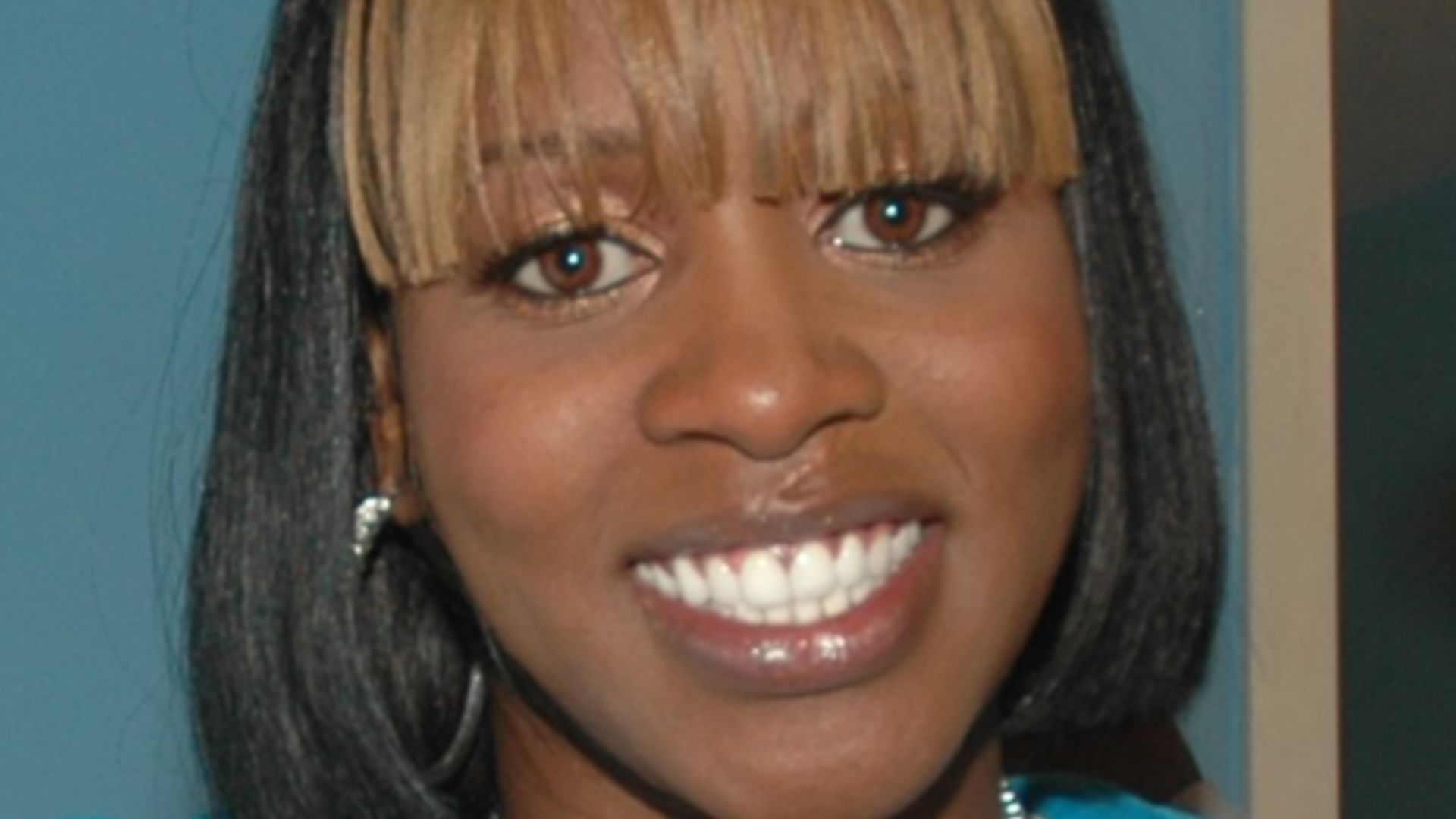 Timothy M. Moore at https://www.flickr.com/photos/photocology/, Wikimedia Commons
Timothy M. Moore at https://www.flickr.com/photos/photocology/, Wikimedia Commons
Nicki Minaj
Nicki Minaj arrived like a firework show nobody warned the industry about. Animated flows, alter egos, and boundary-pushing rhymes made her an instant standout. She dominated charts and conversations so thoroughly that modern rap can’t be discussed without her name coming up within seconds.
Rapsody
Rapsody carries the lyricist torch with care, intention, and razor-sharp writing. Her verses are packed with meaning, delivered with precision, and rooted in culture. She represents the lane where bars matter most—and she keeps that lane thriving.
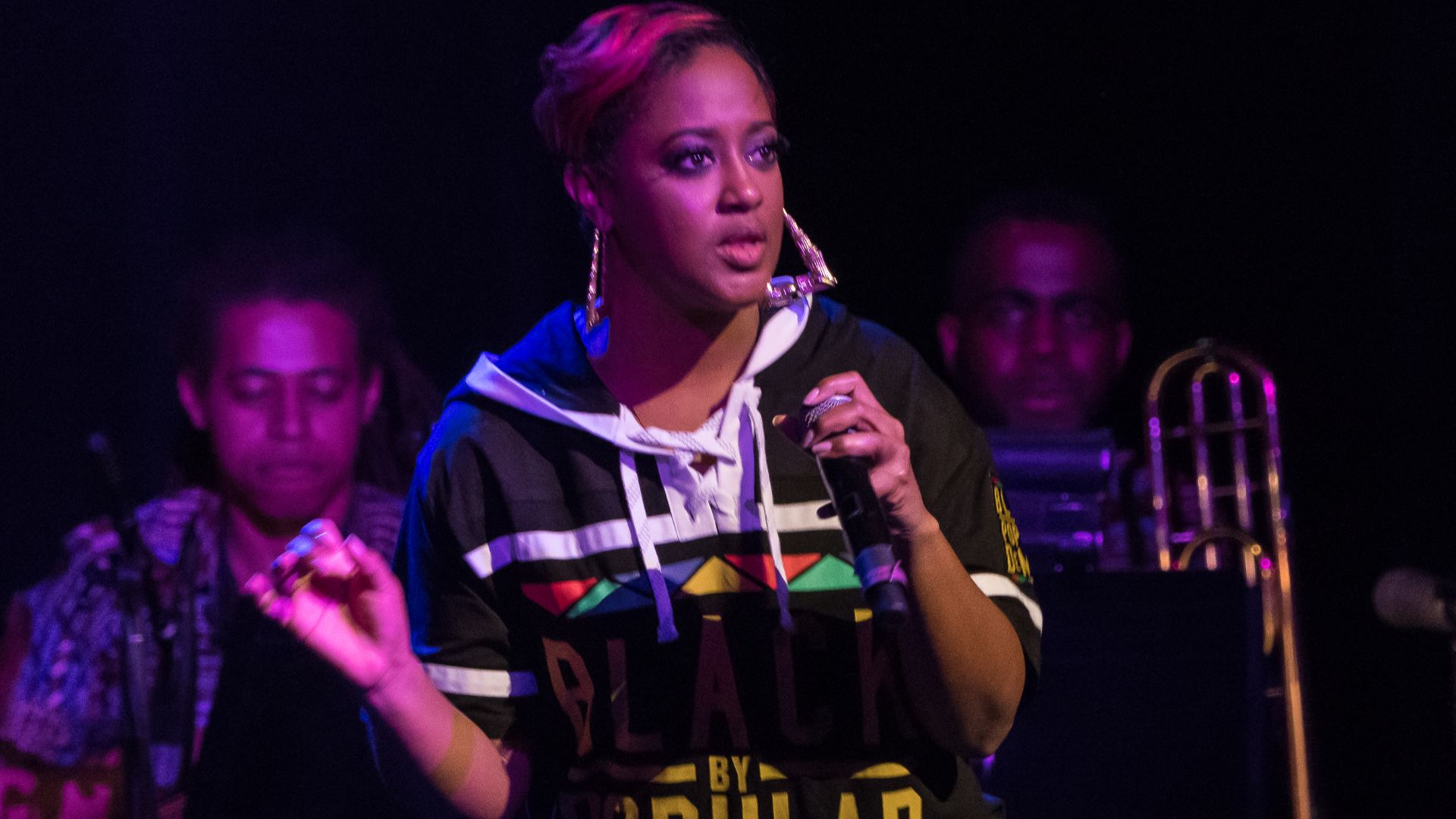 Peter Matthews from New York City, United States, Wikimedia Commons
Peter Matthews from New York City, United States, Wikimedia Commons
Cardi B
Cardi B’s rise was like watching lightning strike twice—loud, bright, and impossible to ignore. Her personality, humor, and raw honesty made fans connect instantly. She embraced fame on her own terms and showed that authenticity can flip the entire industry on its head.
Doja Cat
Doja Cat is the definition of a modern shapeshifter—bouncing between rap, pop, and whatever new genre she feels like conquering that day. She keeps the sound of female rap fresh and unpredictable. With every reinvention, she shows that versatility is still the name of the game.
 Condé Nast (through Vogue Taiwan), CC BY 3.0, Wikimedia Commons
Condé Nast (through Vogue Taiwan), CC BY 3.0, Wikimedia Commons
Latto
Latto brings confidence and charisma with every verse. She channels the energy of earlier icons while carving out her own lane in the newer generation. Her talent hints at major staying power, and she’s already making an impact that promises longevity.
Megan Thee Stallion
Megan Thee Stallion walked in with star power radiating off her—strong delivery, sharp bars, and anthems built for empowerment. She honors the giants before her while pushing the genre into new territory. Her influence on modern female rap is already undeniable.
GloRilla
GloRilla’s voice hits with a raw, Southern punch that’s instantly recognizable. She combines bold presence with a grounded, relatable vibe that makes her one of the most exciting new names in hip-hop. If this is just the beginning, the future looks loud—in the best way.
You May Also Like:
The Greatest One-Album Wonders Of The 90s
Source: 1

